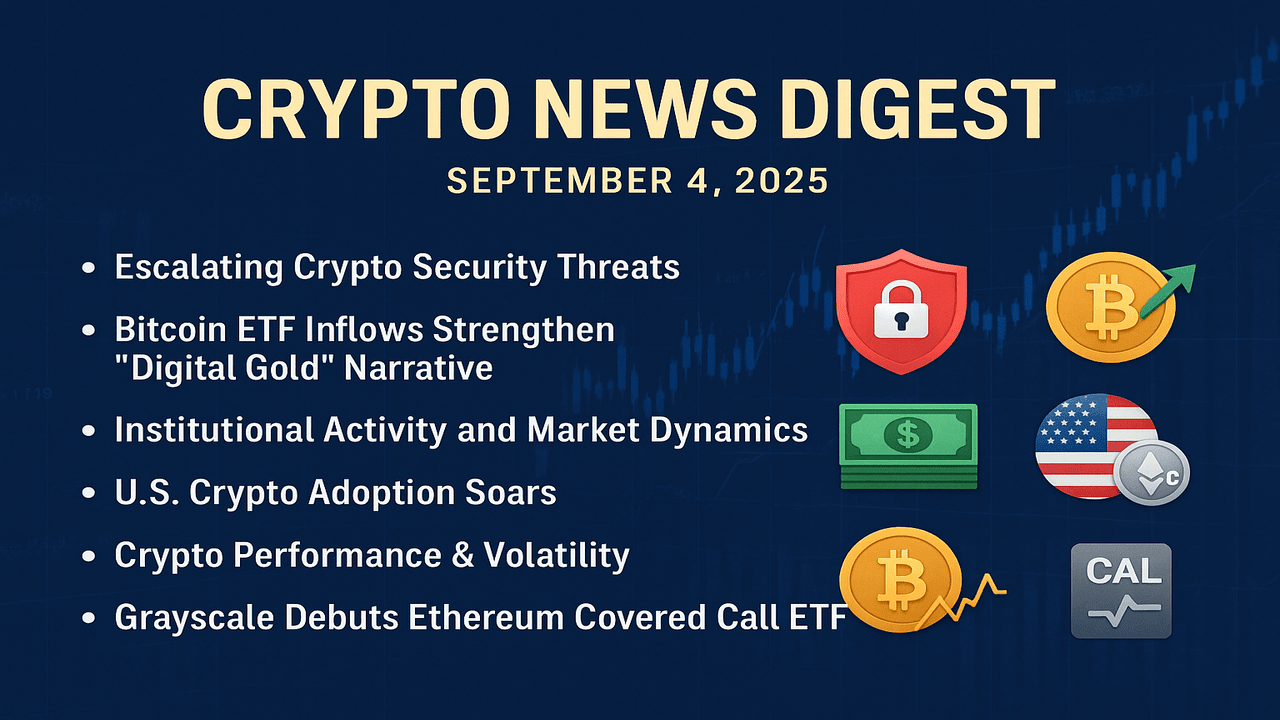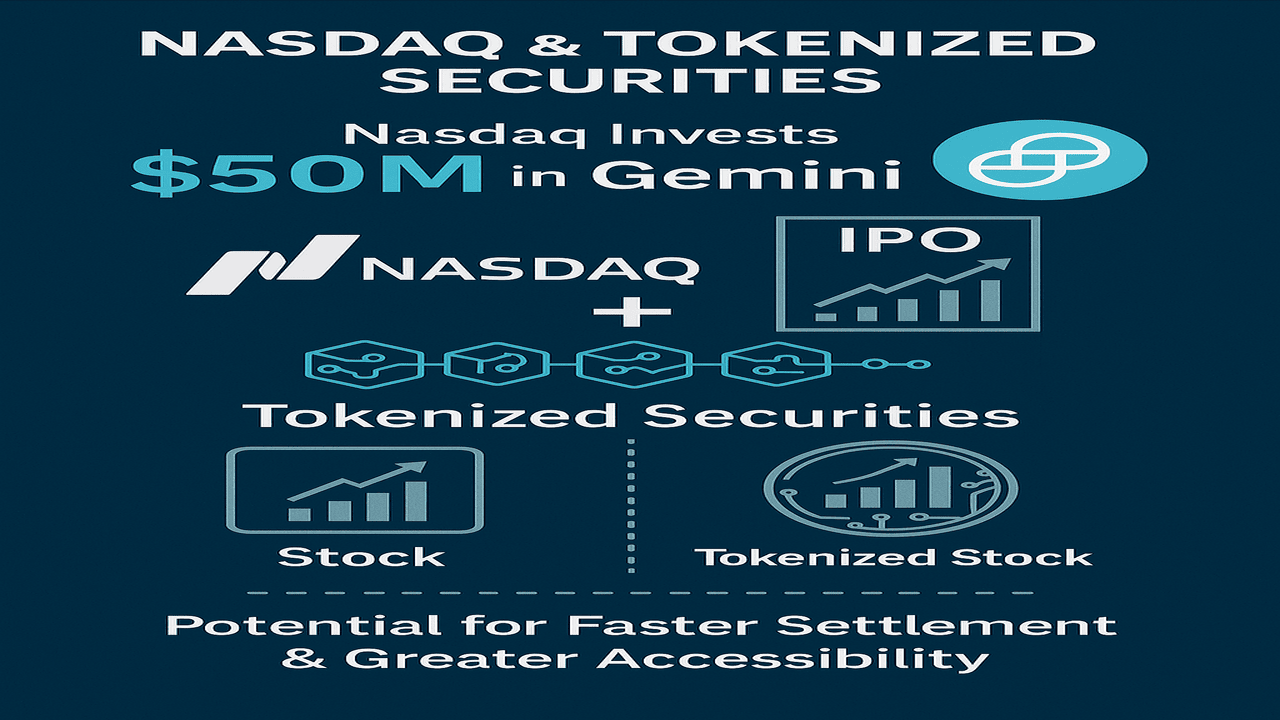
Bitcoin ETFs Surge as Ethereum Faces Outflows : Crypto Market Shifts in September
The bitcoin market started September with a mix of hope and caution. Bitcoin ETFs had a lot of money coming in, while Ethereum had a hard time with money going out. At the same time, global popularity was going up. Cybersecurity threats are also getting worse, which shows both the potential and the dangers of the digital asset area.
Table of Contents
North Korean hackers go against business people
A Reuters investigation found that North Korean hacking gangs are now pretending to be recruiters for companies like Robinhood and Kraken. Their plans include bogus job interviews on LinkedIn or Telegram, when victims unintentionally download spyware.
"This is a shift from simple exchange hacks to more targeted social engineering," researchers say, stressing the need for improved cybersecurity as more people use it.
Bitcoin ETFs Make "Digital Gold" a Thing
According to AInvest data, Bitcoin ETFs brought in between $300 million and $333 million in the first week of September. Ethereum ETFs, on the other hand, saw a lot of money leave.
The difference shows that Bitcoin is becoming more popular as a hedge asset during times of economic instability, which supports the idea that it is "digital gold" as investors look for other ways to store wealth.
Ethereum Gains Institutional Confidence Despite ETF Struggles
Even though ETFs are losing money, institutional investors are going in. BitMine, a crypto investment firm, bought $65 million worth of ETH because it has a deflationary tokenomics and is similar to how Bitcoin was monetised in the 1970s.
At the same time, the supply of Ethereum keeps going down because of staking and EIP-1559 burn mechanics. This is good for long-term positive fundamentals.
The U.S. and India are leading the way in global adoption.
A new analysis from Chainalysis says that the U.S. and India are the two countries that are leading the way in adopting cryptocurrencies around the world. Remittances and retail activities are what drive India's economy, whereas regulated institutional goods like ETFs govern the U.S. market.
This dual dynamic shows how underdeveloped economies use crypto for payments and savings, while rich economies use it in the financial markets.
Bitcoin stays at $110K despite worries over "Red September."
On Wednesday, Bitcoin traded between $110,000 and $111,000. This was because of a record-high hash rate and significant demand for ETFs. September has been a bad month for crypto in the past; therefore, it has been called "Red September."
Still, strong fundamentals suggest that this year's threats may be less severe. Ethereum is still solid structurally, even while ETFs are poor.
Greyscale launches the Ethereum Covered Call ETF (ETCO)
Greyscale introduced their Ethereum Covered Call ETF (ETCO), which offers call options on ETH to make stable income that is paid out twice a month. This is the first time this has happened with Ethereum.
The fund is meant for investors who want to make money, but it has a limit on how much money it can make. Analysts think it's part of the trend in digital assets towards structured income products.
Outlook
Bitcoin is becoming more popular as "digital gold," Ethereum is seeing fresh demand from institutions and products, and adoption is rising around the world. All of this makes it seem like crypto markets are entering a new period of maturity. But seasonal volatility and security threats remind investors of the hazards that are still there.
Bottom line: Bitcoin is becoming more appealing as a safe haven, Ethereum is coming up with new ways to make money, and the crypto world is becoming more mature. However, it is more important than ever to be on the lookout for hacks and scams.
Disclaimer: This is general information only and not financial advice.



